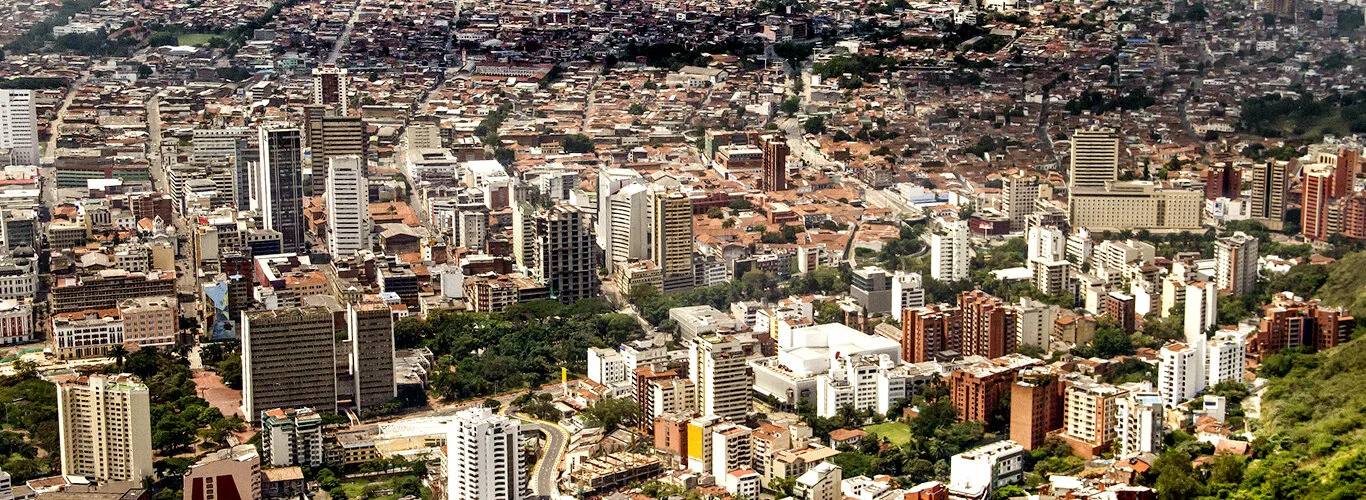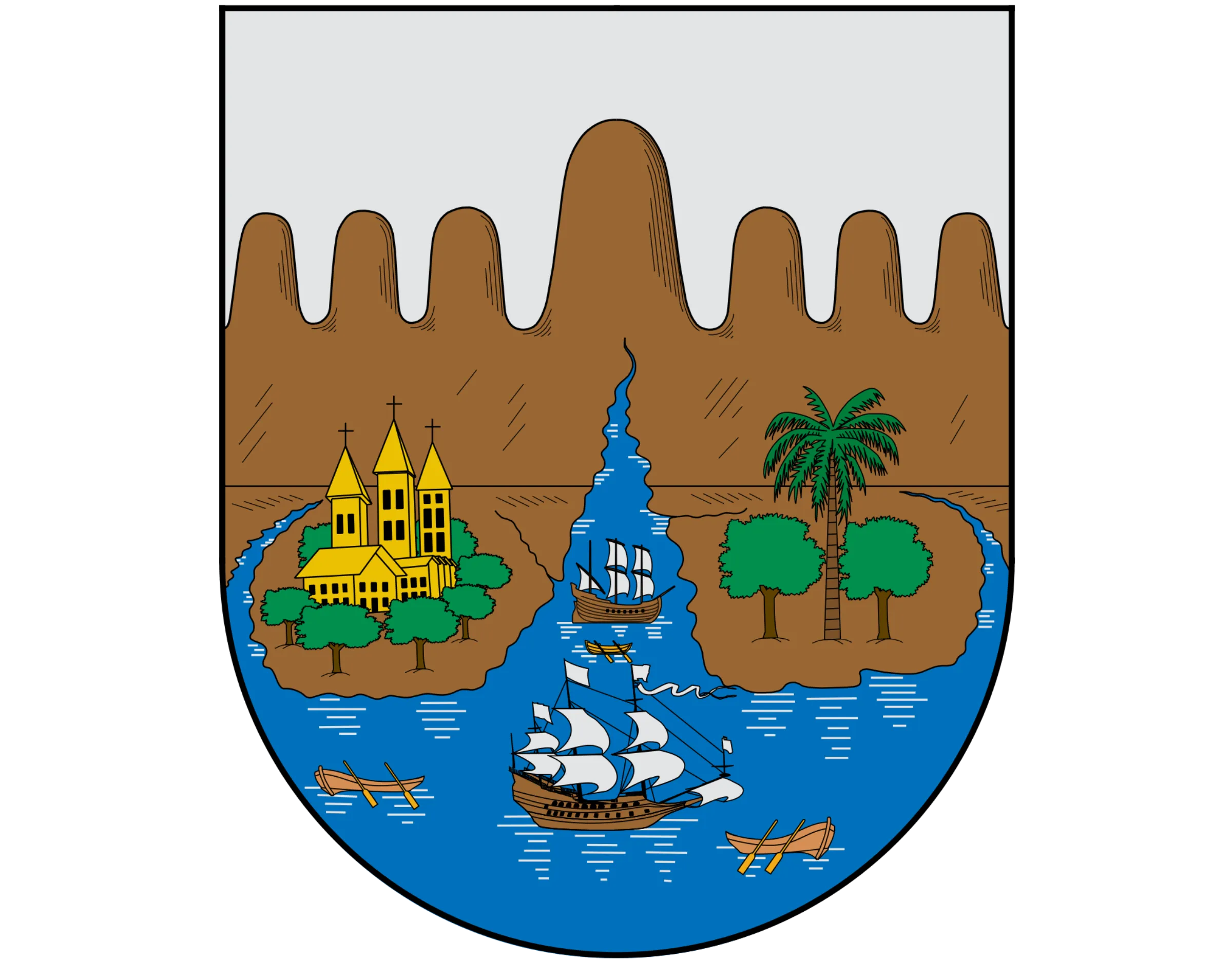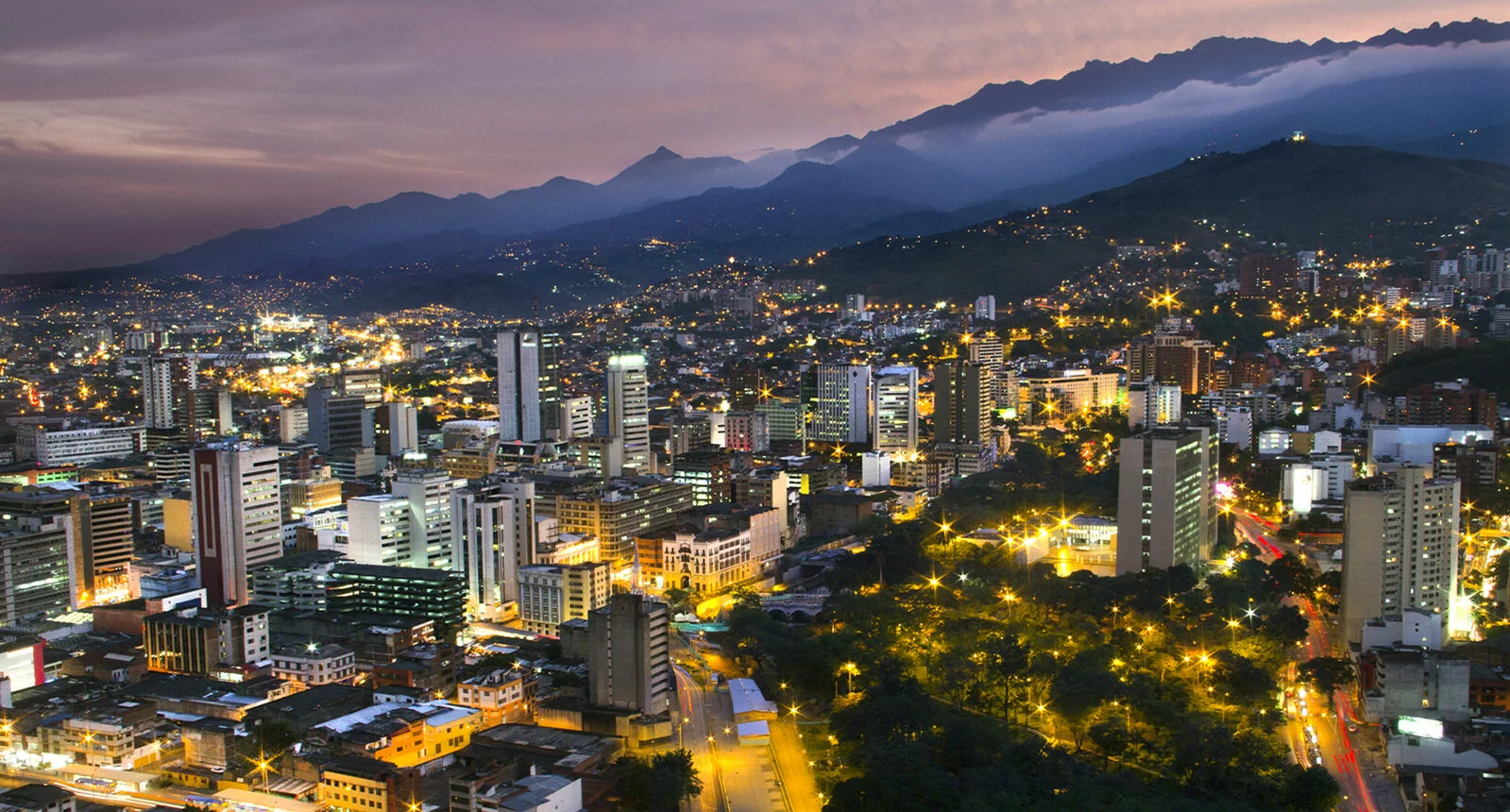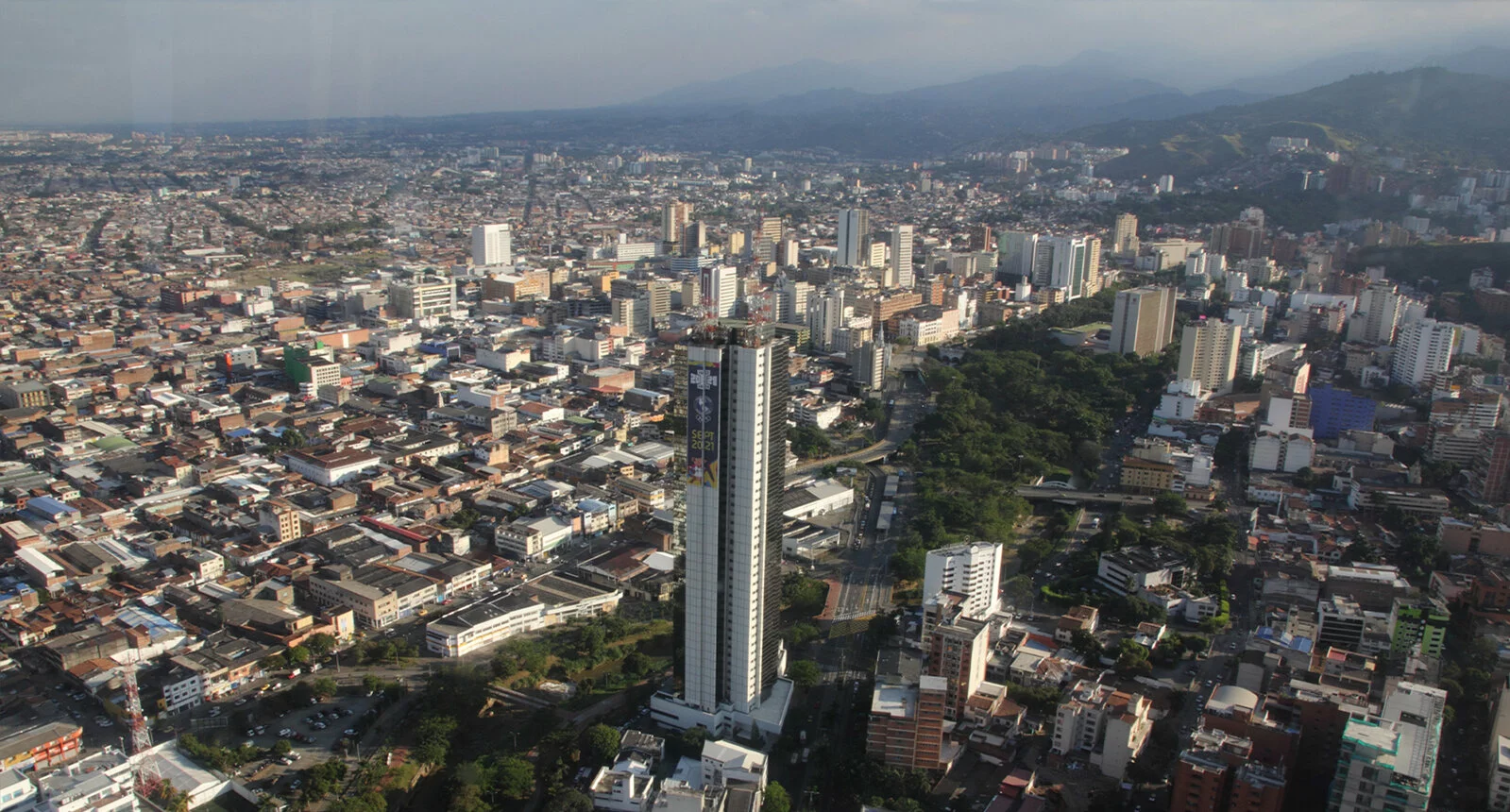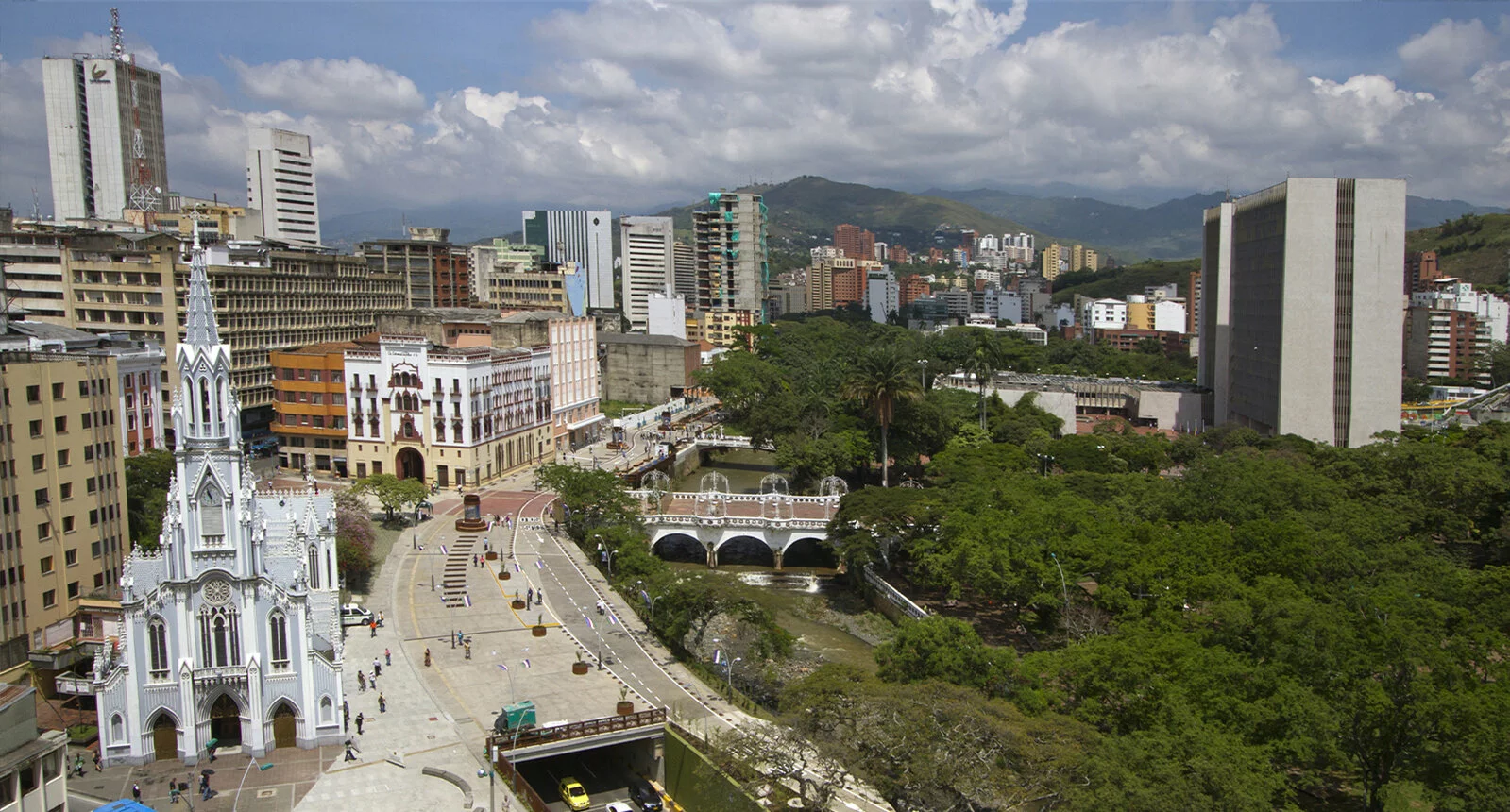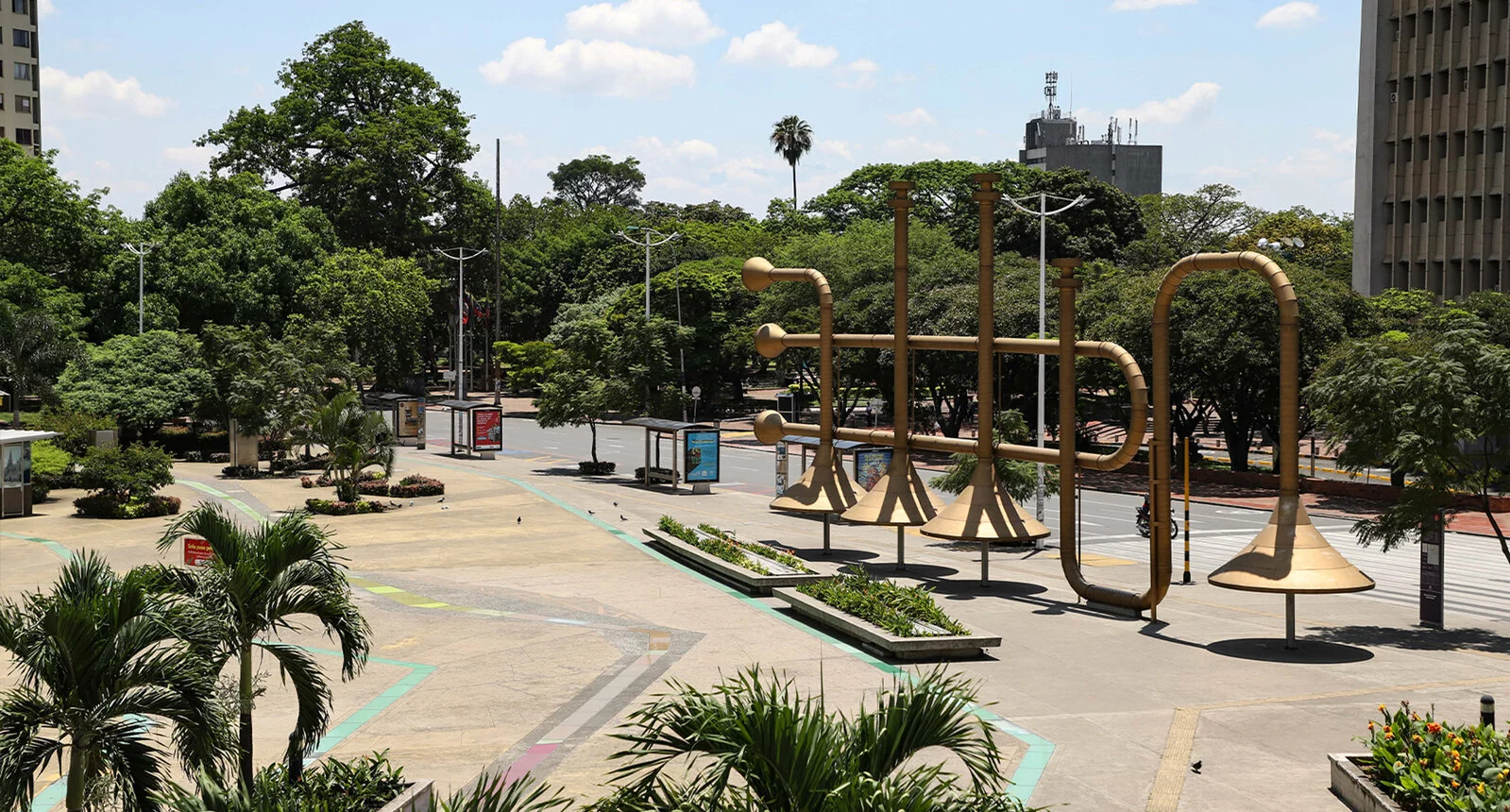Cali is tackling its security challenges through a multifaceted approach that aims at reducing homicides to fewer than 1,000 cases per year, decreasing crimes against property and personal safety. The city government collaborates with security agencies to increase street presence and enhance operational capacities, aiming to deter and control crime effectively. It is also committed to creating safe, high-quality public spaces to ensure a peaceful and secure environment for all residents. The city is also strengthening data analysis capabilities through technology and partnerships, with the goal of aim of ensuring evidence-based strategic decisions.
Social reintegration programs, such as “Forjar Oportunidades” by the SIDOC Foundation, focus on transforming the lives of vulnerable youth by fostering socio-emotional skills and providing training for employment and entrepreneurship. Initiatives like “Jóvenes en la Buena”, launched in early 2024, offer conflict mediation, psychosocial support, and access to opportunities for at-risk youth, including former gang members. Additionally, there are ongoing efforts to address gender-based violence and improve community access to justice and promote peaceful conflict resolution.
Challenges facing Cali
Cali faces significant security challenges. It has one of the highest homicide rates globally, with 1,046 murders recorded in 2023 (45.9 per 100,000 inhabitants). The city’s strategic location near Buenaventura, a major maritime port, exacerbates issues like drug trafficking, gang violence, and the recruitment of minors into criminal activities. High population vulnerability further fuels dynamics of illegality and conflict.



